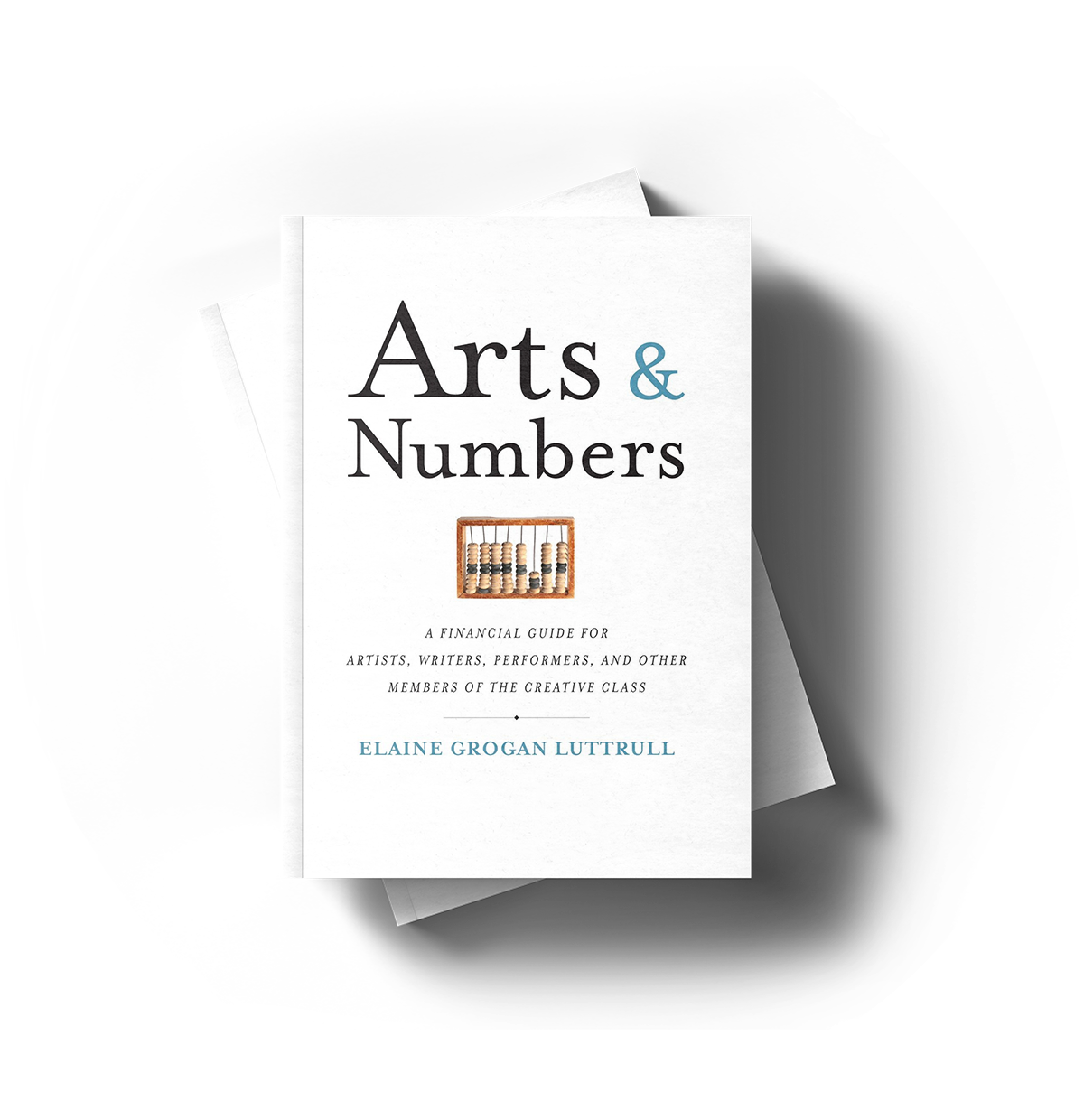June 15, 2015 • Events & Media

It sounds like such a harsh title doesn’t it? We don’t mean it in terms of exasperated finality. We literally mean this post is about time.
We have been talking and thinking about time quite a lot lately. We’ve hosted three workshops on time management (none of which started exactly on time, by the way), and we have an online course in the works. And of course, the irony isn’t lost on us that today’s post on time management is less than, well, timely.
What’s that saying about those who can’t do teach? Never mind.
In all this thinking about time, and in surveying lots of creative entrepreneurs, we’ve learned a few things. (Side Bar: Want to play along? Take the time tracker survey here.)
Lesson 1: We Forget
It turns out we forget how we spent much of our time. This may be because of the infinite time suck of emails or chit chatting with colleagues. Or because we lose track of how much time we lose commuting, waiting in line, or waiting on others. Or simply because we have no idea what we do with ourselves. In any case, we forget how we spend much of our time… Said differently, we’re not nearly as mindful about our time as we’d like to be.
But there is good news. It is relatively easy to increase mindfulness when it comes to time. We can plan better, set alarms or deadlines on tasks that turn into time wasters, and make deliberate choices about how we prefer to spend our time.
We can also practice ways of ending conversations gracefully. (Bonus: This is equally helpful in curtailing interactions with toxic people.) We can practice deliberately taking advantage of the time we spend waiting. (Imagine if you only indulged in your favorite social media site while you waited in line.)
Lesson 2: We Foolishly Prioritize
It turns out we have no idea what we’re doing. We often get derailed by emergencies that aren’t emergencies, and we’ve been known to plan our days based on the best version of ourselves rather than our actual selves. (I have been guilty of this every time I plan to wake up at 5:45 a.m. to exercise.) And we let non-priorities take over our actual priorities, which leaves us feeling short on time.
We never have enough time. But let’s stop blaming time, shall we? Let’s place blame on our boundaries. We know exactly how many hours we’re going to get each day (even though in the greater sense we have no idea how much time we’ll get). What we don’t know is how to protect our priorities when non-priorities seem so demanding.
The solution to this isn’t easy. It involves drawing clear boundaries around what we are and are not willing to do. It involves postponing non-crucial tasks to “tomorrow” (whether tomorrow is literally the next day or some other specified point in the future). And it involves leaving room in our schedule for the actual non-priority emergencies that may arise. (That’s a big one.)
Lesson 3: We Don’t Dither
It turns out we don’t take care of ourselves very well. We’re not sleeping enough. We’re eating on the run or time-sharing our meals (if we’re eating at all). We’re not getting enough physical activity. We’re not getting enough sunlight. We’re not dithering.
We’re scheduling so many tasks to accomplish each day and responding immediately to every question that arises. It’s no wonder we’re feeling overwhelmed.
Our brains need breaks. Lots of them. These breaks may involve exercising different skills (administrative skills, say, versus creative ones). They may involve a change of scenery. They may involve physical activity. They may be very short or blissfully long.
The solution seems simple, but really it is far from it (at least until we forgive ourselves for our indulgence): Schedule breaks. Leave enough room in your day for unstructured dithering. Prioritize your own health and your own rest.
Wrap Up
I wish it were this easy. Just schedule breaks! Just say no to waste-of-time meetings! Just prioritize yourself! It is the opposite of easy.
And I’m certainly still figuring it out. But I’m so thankful to be figuring it out with such delightful creative folks. And it’s about time.
Want More?
Play along with the Time Tracker Survey here. (It should take 15 minutes to complete and all responses will be kept completely anonymous.)
Check out Elaine’s session on Friday, June 19th in Cleveland: Creative Secrets to Managing Time, Money, and Happiness, part of TCG’s Annual Game Change Conference.


